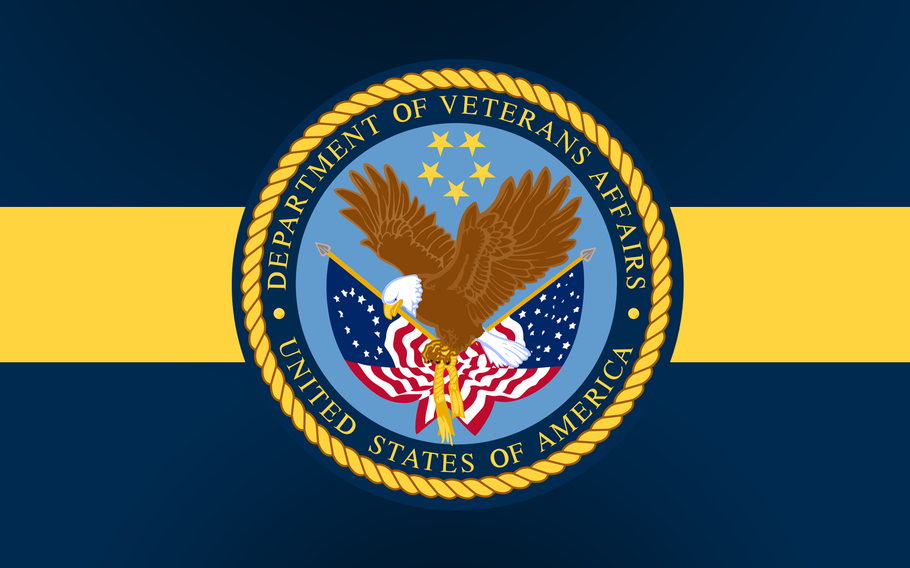
()
WASHINGTON — A proposal to loosen regulations and enable the Department of Veterans Affairs to sell and lease property was included Monday in President Donald Trump’s long-awaited, $1.5 trillion plan to improve American infrastructure.
The plan, promised since his presidential campaign and officially rolled out Monday, asks Congress to create legislation initiating work on roads, bridges, railroads, airports and other infrastructure nationwide, and tasks lawmakers with finding a way to pay for it. VA facilities – some of which VA Secretary David Shulkin has described as outdated and unusable – are also addressed in the plan.
“My Administration’s plan addresses more than traditional infrastructure … but addresses other needs like drinking and wastewater systems, waterways, water resources, energy, rural infrastructure, public lands, veterans’ hospitals, and Brownfield and Superfund sites,” Trump wrote in the preamble to his proposal.
The infrastructure plan addresses VA property by proposing to loosen regulations that keep the agency from leasing facilities or profiting off the sale of unwanted buildings or land.
Under current law, the VA can’t keep profits from selling properties, and it can’t exchange its current facilities for new ones. Trump’s plan proposes to change that. Allowing the agency to collect off its property sales could help fund renovations and new construction, the plan states.
The proposal also aims to limit the instances the VA would have to go to Congress for approval to lease a facility. Now, the agency must gain congressional approval for any lease totaling more than $1 million annually. The rule has led to yearslong delays in leasing new facilities. In August, Congress approved 28 leases for VA clinics across the country, some of which had been awaiting approval for more than two years.
The infrastructure plan would require the VA to receive approval from Congress only for leases totaling more than $3.1 million.
“There are provisions that will help the VA,” Jim Sullivan, in the VA’s Office of Management, said of the infrastructure plan. “Primarily, increasing the lease threshold for authorization for leases from $1 million to $3 million.”
The creation of a pilot program is also included in the plan. It would establish a system for the VA to trade property to a private entity, in exchange for “a lease of space in a resulting private facility built on the former VA land.”
The changes would provide flexibility to the VA, the plan states, which has “a nationwide physical footprint that includes aging facilities.”
Shortly after he took the position as VA secretary, Shulkin listed dealing with bad infrastructure as one of his top priorities. According to the VA, their buildings are 60 years old on average, and the agency spends $25 million each year to maintain vacant or underutilized buildings.
In May, Shulkin announced plans to dispose of vacant or nearly vacant VA buildings. At a congressional hearing in October, VA officials said they were in the process of purging 430 buildings, and 784 others were up for review. The process was estimated to take 18 months.
Rep. Phil Roe, R-Tenn., chairman of the House Committee on Veterans’ Affairs, introduced legislation last year to create a process to dispose of VA buildings similar to the Defense Department’s Base Realignment and Closure program. It would establish an 11-member commission to recommend which facilities to close and where the VA should invest, in an attempt to “right-size” the agency’s footprint.
Roe’s office said Monday they were still reviewing the infrastructure plan, but that some of the VA-specific changes aligned with his legislation.
wentling.nikki@stripes.com Twitter: @nikkiwentling